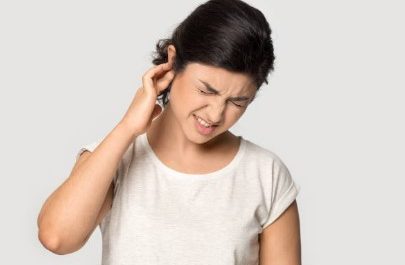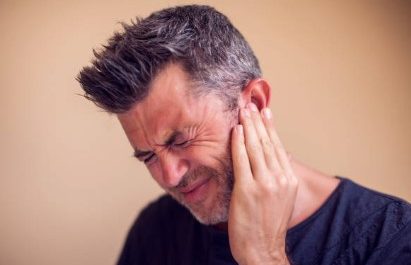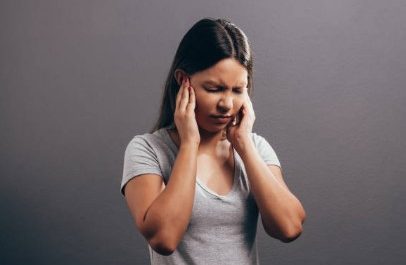An earache, whether it’s a mild discomfort or a severe, throbbing pain, can have a significant impact on daily life. Firstly, the pain and discomfort can be distracting and all-consuming, making it difficult to focus on work, school, or any daily tasks. It may affect one’s ability to concentrate, leading to decreased productivity.
Additionally, earaches can disrupt sleep, causing insomnia and fatigue, which can further hinder daily functioning. A lack of quality rest may lead to irritability and mood swings, affecting relationships and overall emotional well-being.
There are several ways to help stop an earache fast. Here are some tips.
Apply a warm compress
Applying a warm compress to the affected ear can help soothe pain and reduce inflammation. You can use a warm washcloth or a heating pad set on low. Be sure to test the temperature first to avoid burning your skin.
Use over-the-counter pain relievers
Over-the-counter pain relievers such as acetaminophen (Tylenol) or ibuprofen (Advil, Motrin) can help relieve earache pain. Be sure to follow the recommended dosage and talk to a healthcare professional if you have any concerns or if you’re taking other medications.
Try ear drops
Over-the-counter ear drops containing pain relievers or a numbing agent may help relieve earache pain. Be sure to follow the instructions on the package and talk to a healthcare professional if you have any concerns.
Use a saline nasal spray
If your earache is caused by congestion, using a saline nasal spray may help relieve pressure and reduce pain. Follow the instructions on the package.
Avoid inserting objects into the ear
Do not insert cotton swabs or any other objects into the ear as this can push wax further into the ear canal and cause injury.
If your earache persists or is accompanied by other symptoms such as fever, hearing loss, or discharge from the ear, be sure to seek medical attention as it may be a sign of an underlying condition.
What Causes Ear Ache?
Earache can be caused by a variety of factors. Here are some common causes of earache:
Ear infection
One of the most common causes of earache is an ear infection, which can affect the outer ear, middle ear, or inner ear. Ear infections are often accompanied by other symptoms such as fever, discharge from the ear, and hearing loss.
Wax buildup
Earwax can build up in the ear canal, causing pain, itching, and a feeling of fullness in the ear. This can also lead to infection if the ear canal becomes blocked.
Injury
Injury to the ear, such as a blow to the ear or a punctured eardrum, can cause earache.
Sinus infection
A sinus infection can cause pressure and pain in the ears, as the sinuses and ears are connected by a narrow channel.
Dental issues
Dental problems, such as tooth decay or gum disease, can cause referred pain to the ear.
Temporomandibular joint (TMJ) disorder
TMJ disorder, which affects the joint that connects the jawbone to the skull, can cause ear pain and headaches.
If your earache persists or is accompanied by other symptoms such as fever, hearing loss, or discharge from the ear, be sure to seek medical attention as it may be a sign of an underlying condition.





